As environmental standards tighten worldwide, some vehicles are falling short of new emissions tests. Despite advancements in technology, several models across different categories have surprisingly poor results. This underscores the ongoing challenges the automotive industry faces in meeting stringent environmental regulations.
Compact Sedans That Missed the Mark
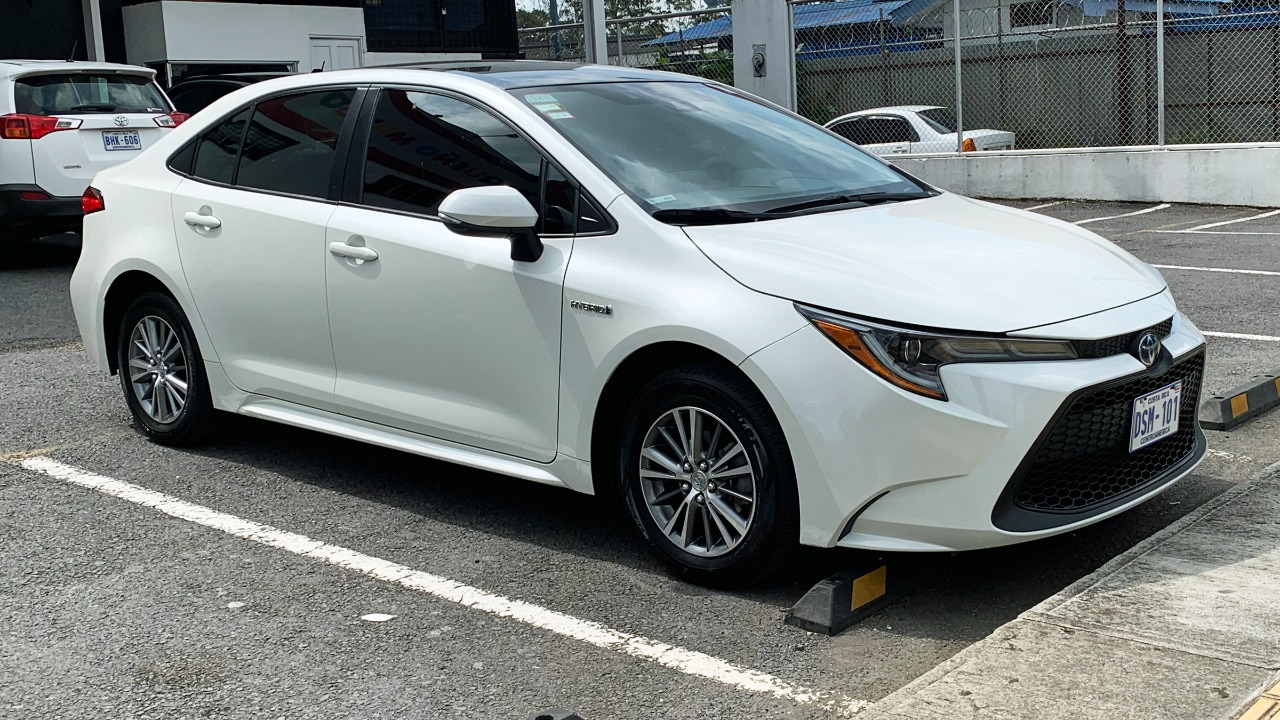
Compact sedans are often praised for their fuel efficiency and lower emissions. However, the 2021 Honda Civic and 2021 Toyota Corolla have both been flagged for not meeting the latest emission standards. These models, while popular for their reliability and affordability, have shown higher than expected emissions levels in recent tests. This serves as a reminder that even the most trusted models can fall short in terms of environmental responsibility.
For more details on why compact sedans sometimes fall short, take a look at the common reasons cars fail emissions tests. Manufacturers need to prioritize innovations that help reduce pollutants to maintain their appeal to eco-conscious consumers.
SUVs with Surprising Emission Flaws
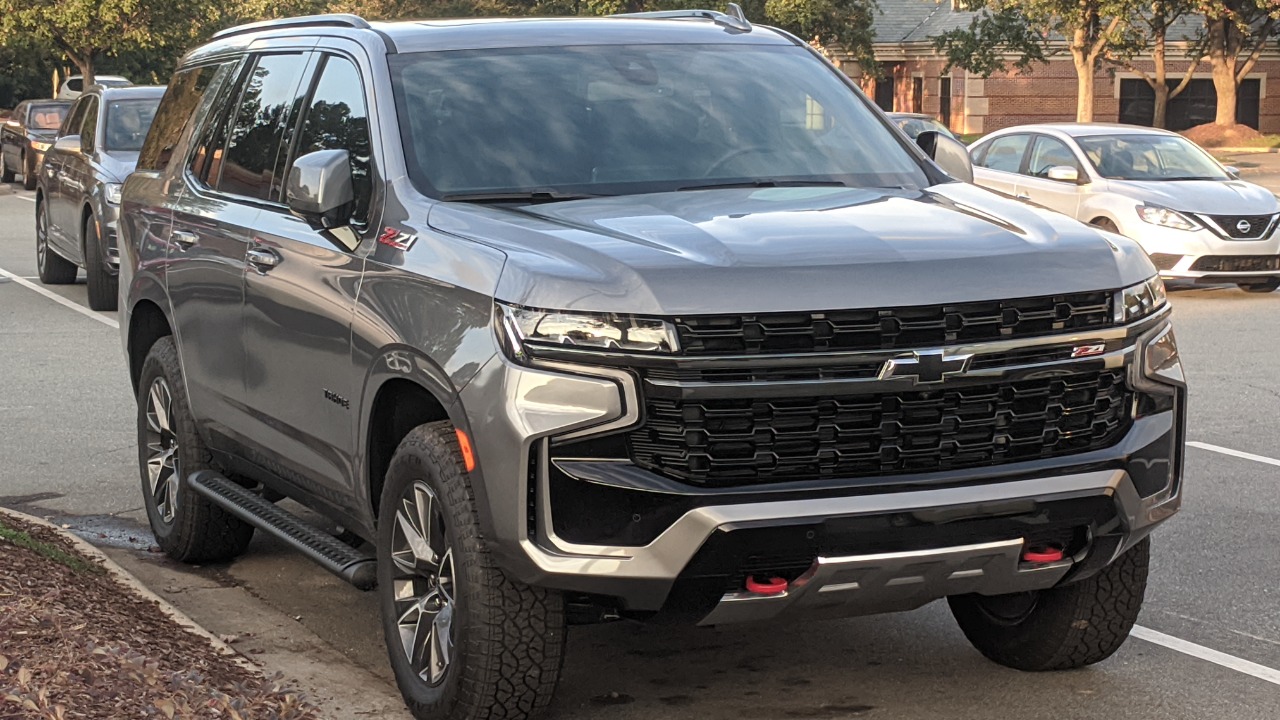
SUVs are notorious for their larger carbon footprint, but some models have performed worse than anticipated. The 2020 Ford Explorer and 2021 Chevrolet Tahoe failed to pass new testing thresholds. These revelations are concerning for consumers who choose SUVs for their versatility and space but expect them to be environmentally sound.
As the demand for SUVs continues to rise, it is crucial for manufacturers to address these emission flaws to ensure their viability in an increasingly eco-focused market.
Luxury Cars Failing to Meet Standards
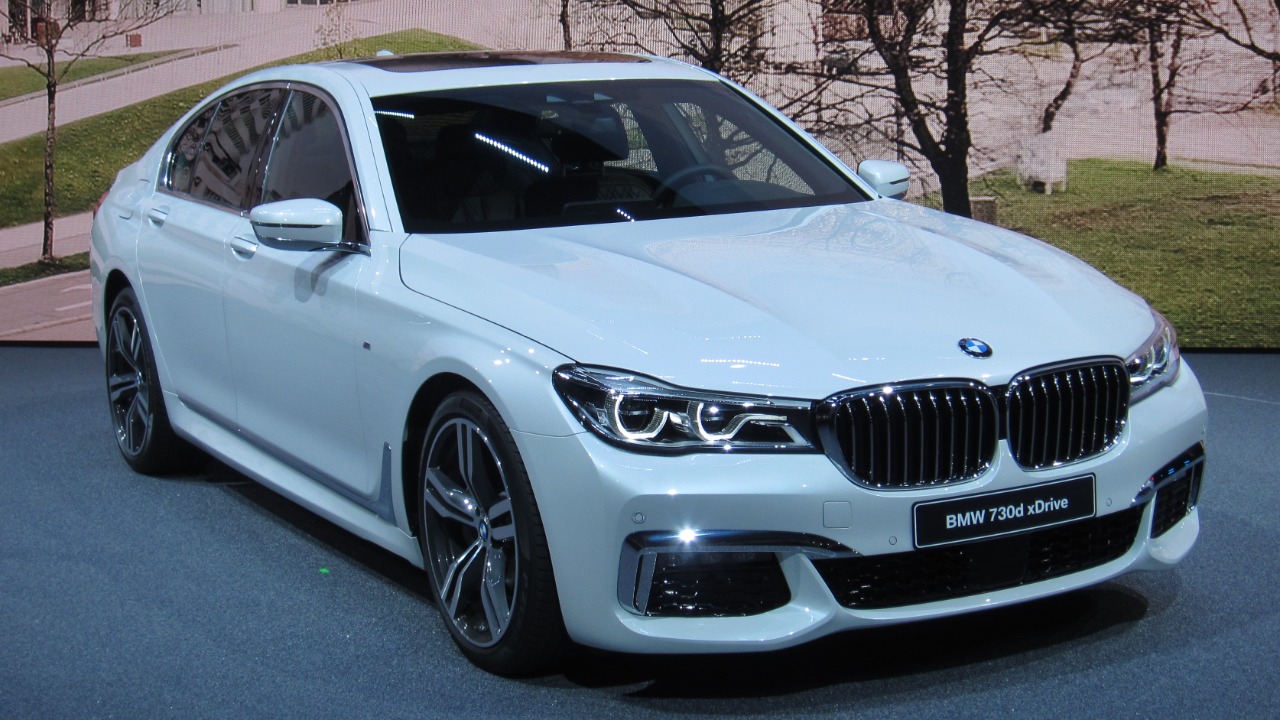
Luxury vehicles are often seen as the pinnacle of automotive innovation. Yet, some models like the 2021 BMW 7 Series and the 2021 Mercedes-Benz S-Class have not met the recent emissions standards. These high-end vehicles are equipped with powerful engines that, while delivering exceptional performance, can lead to higher emissions.
Luxury car manufacturers must balance performance with environmental responsibility to maintain their status and appeal to a broader range of consumers who are increasingly environmentally conscious.
Electric Cars with Unexpected Issues
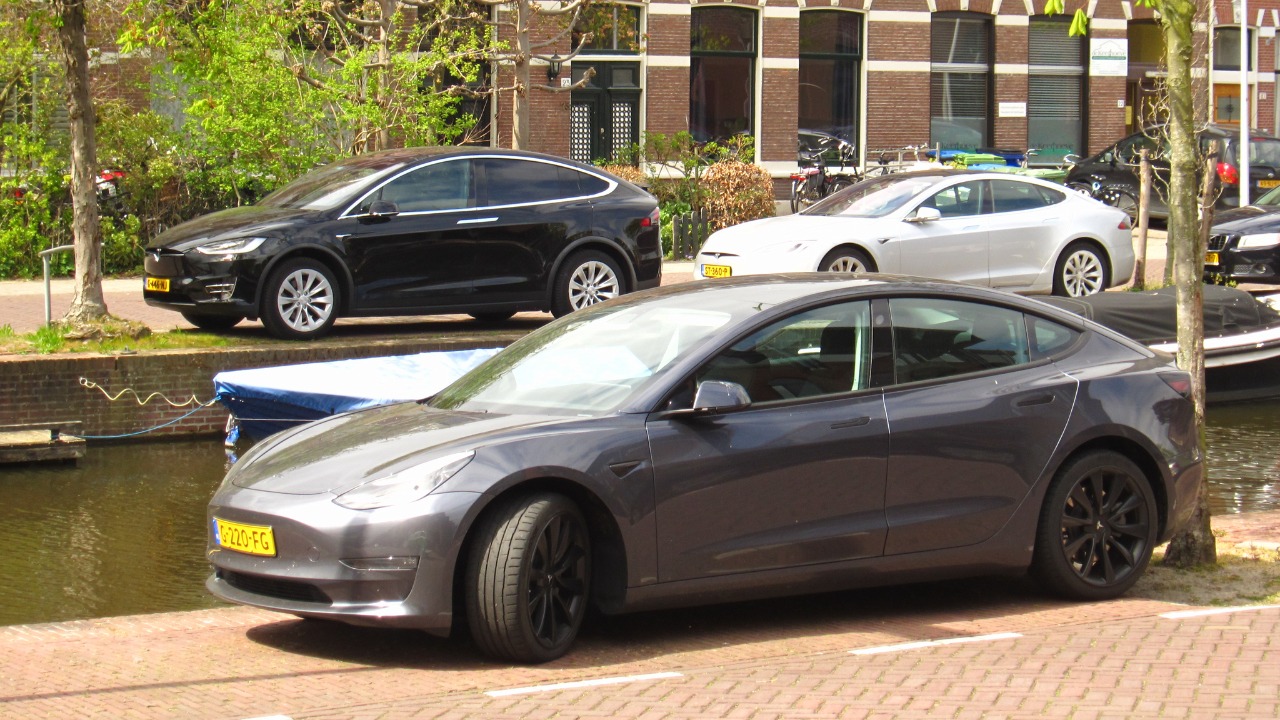
Electric vehicles (EVs) are generally seen as the eco-friendly alternative to traditional cars. However, the 2021 Tesla Model 3 and 2021 Nissan Leaf have faced scrutiny for their production emissions, which contribute significantly to their overall carbon footprint. While the operational emissions of EVs are minimal, the manufacturing process remains an area of concern.
Addressing these manufacturing emissions is essential for the broader adoption of EVs, as pointed out in a recent audit report. Consumers are urged to consider the entire lifecycle of an EV when evaluating its environmental impact.
Popular Hybrids Under Scrutiny
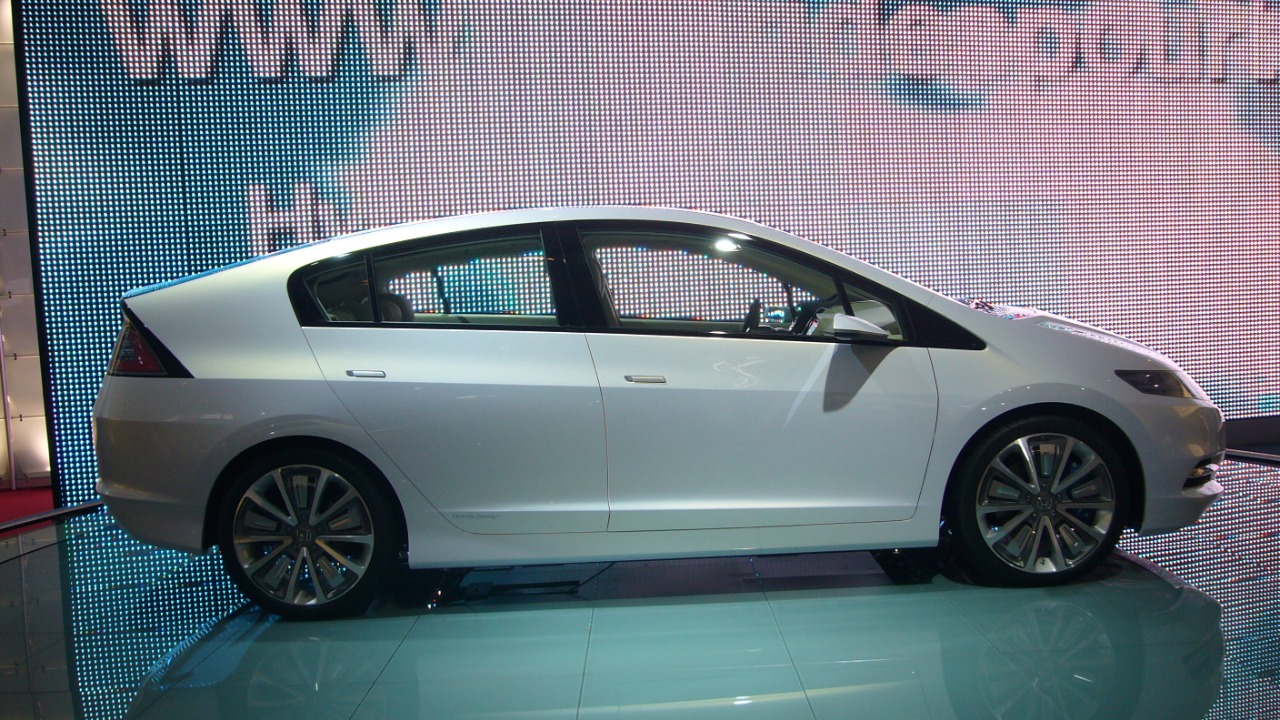
Hybrids are often marketed as the best of both worlds, combining electric and traditional fuel sources to reduce emissions. However, the 2021 Toyota Prius and 2020 Honda Insight have been identified as underperforming in new emissions assessments. While hybrids offer improved fuel efficiency, they still rely on combustion engines that can contribute to pollution.
These findings suggest that hybrids, while a step in the right direction, are not a panacea and require ongoing improvements to meet evolving environmental standards.
Diesel Models with High Emissions
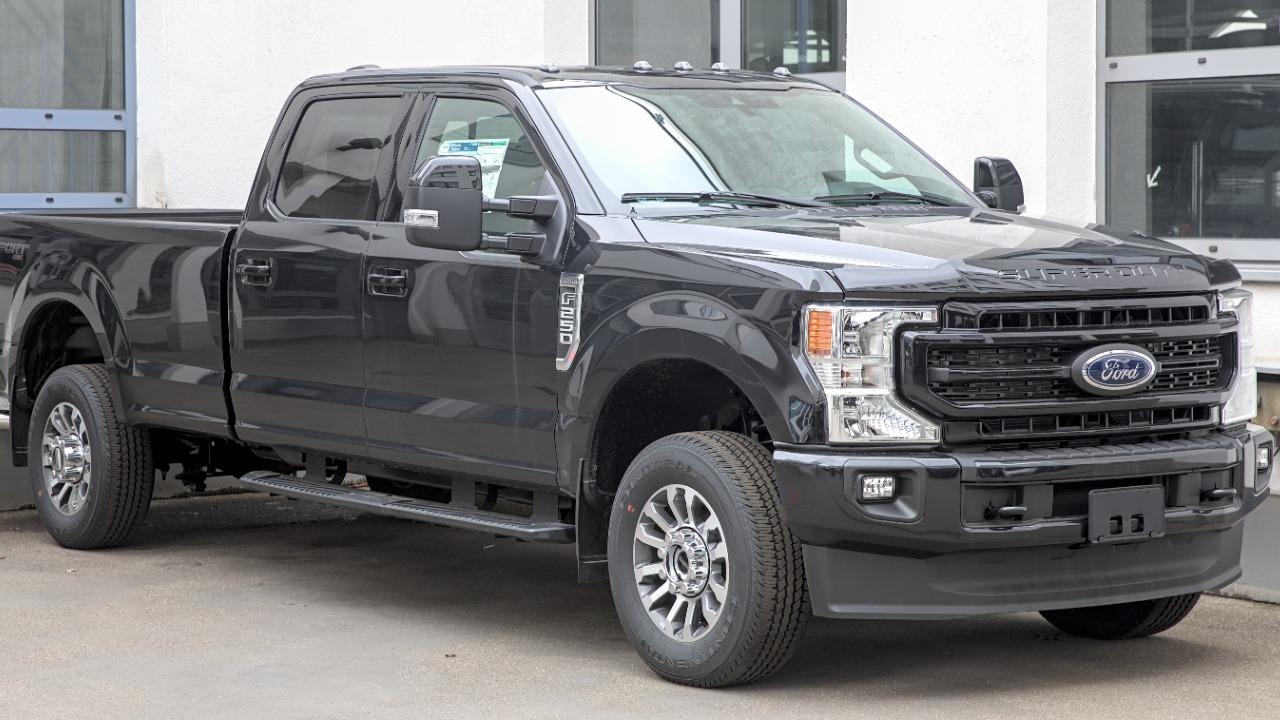
Diesel vehicles have long been scrutinized for their emissions, and recent tests have confirmed that models like the 2021 Volkswagen Passat and 2020 Ford F-250 are still falling short. Despite advancements in diesel technology, these vehicles emit higher levels of nitrogen oxides, which are harmful pollutants.
The diesel sector faces significant challenges as stricter regulations are implemented globally. Continued innovation and investment are required to reduce these emissions and meet the expectations of environmentally conscious consumers.
Sports Cars with Environmental Shortcomings
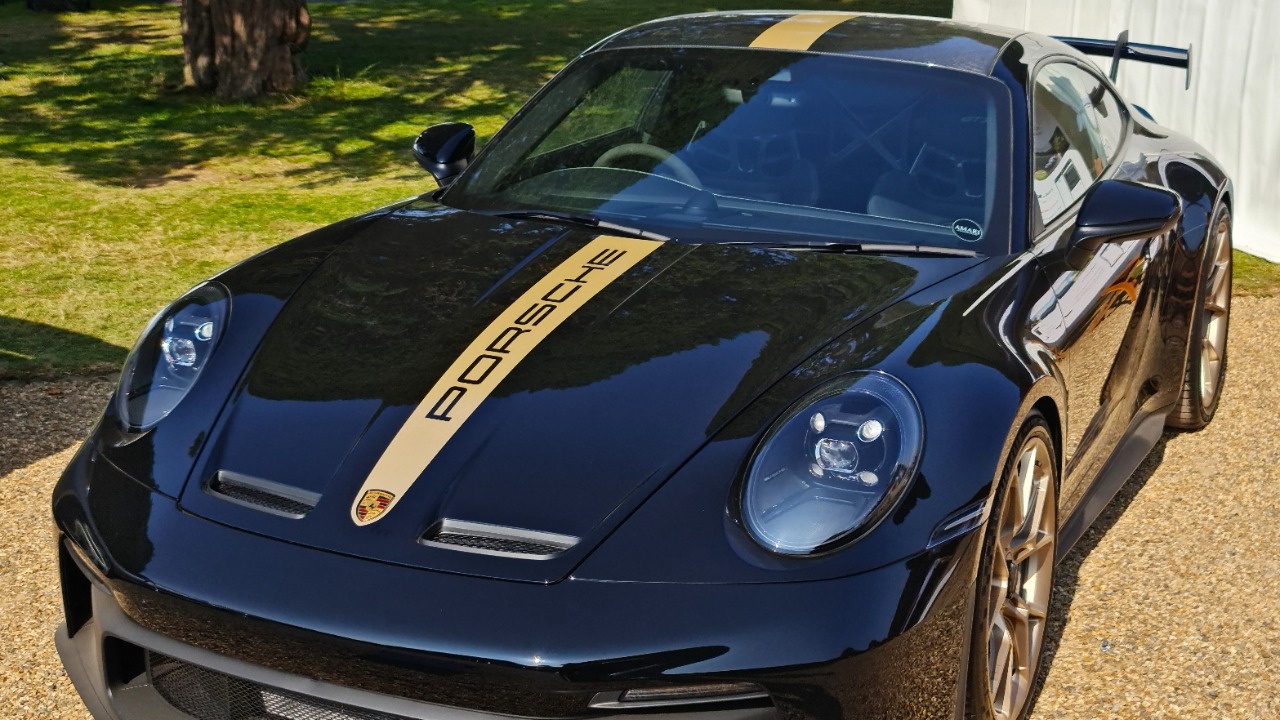
Sports cars are often associated with speed and performance, but this can come at a cost to the environment. The 2021 Porsche 911 and 2020 Chevrolet Corvette have been identified as having higher emissions than newer standards allow. These vehicles prioritize power, which can result in increased emissions. As automakers strive to make sports cars more eco-friendly, the challenge lies in maintaining the exhilarating performance that enthusiasts expect while reducing environmental impact. For more insights into how sports cars are adapting, visit this comprehensive overview of recent petrol tests.